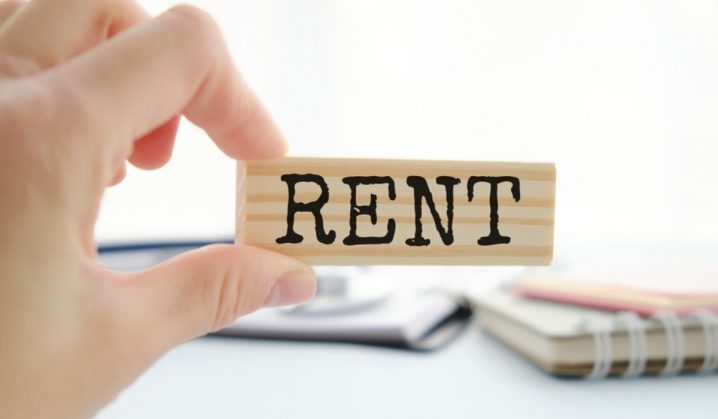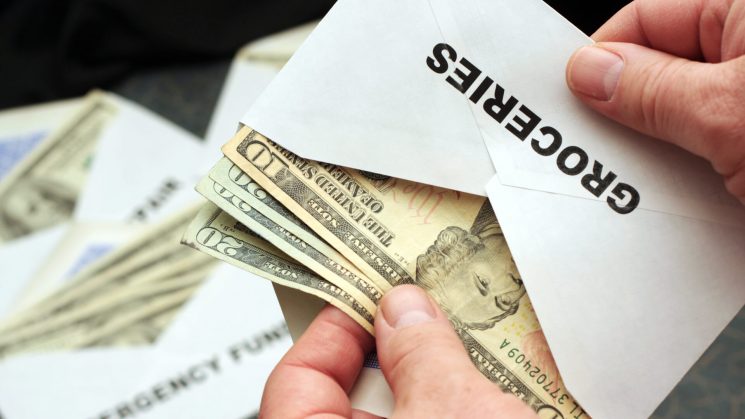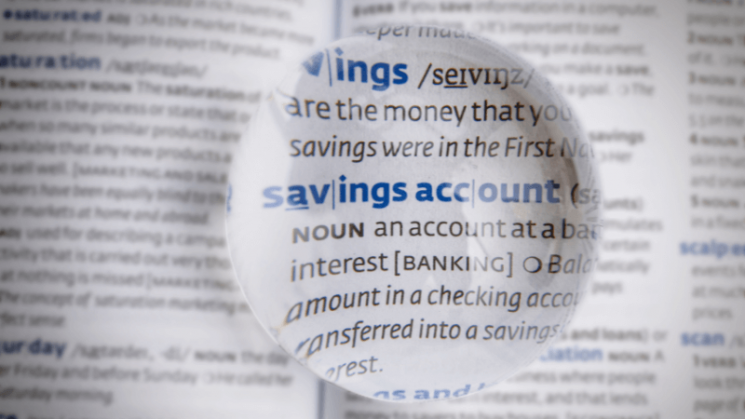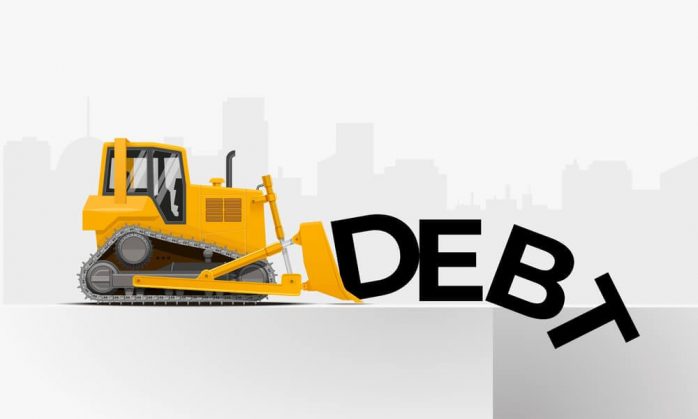Budgeting and saving can first appear difficult but having a clear objective can help you stay calm. It might assist you in imagining an exciting future in which you have acquired your first home, begun a family, or perhaps simply treated yourself to something wonderful. Here are our best recommendations for boosting your bank account quickly if you’re wondering how to save money quickly.
The Best Ways to Save Money in 2023
10. Designate a no-spend day once a month:
Designate one day each month where, aside from your fixed costs, you’ll spend nothing at all to help you develop the habit of saving money. This could entail choosing to mingle in the park or at home, preparing all of your meals using ingredients you already have on hand, and spending a leisurely evening reading or watching TV. Once you’re accustomed to it, you may extend this to two days per month and even one day per week to significantly boost your monthly savings.

9. Cut down on your grocery spending:
You’ll be astonished at how much money you can save over a few months if you can reduce your weekly shopping spending. Planning out all of your meals in advance is one of the greatest methods to achieve this. This implies that you may estimate your spending amount precisely before you start shopping; lowering the likelihood that you’ll spend more than you intended. Another suggestion is to think about avoiding meat once a week. It’s worth deciding to skip meat at least once a week because it’s typically more expensive than veggies and vegetable-based products. Over time, these modest weekly savings will increase.

8. Think before you splurge:
One of the biggest obstacles to quickly saving money is giving in to instant gratification. Give yourself at least three to four days to consider a big purchase before you make it. This stops the impulsive part of your brain from gaining control. This is the part that wants to get a rapid serotonin boost from a flashy new buy. Consider only making large purchases after 30 days have gone if you want to put yourself to the test. This is a surefire strategy to prevent you from making impulsive purchases. Additionally, it allows you enough time to determine if you can find a better offer elsewhere.

7. Cancel any unused subscriptions:
For many businesses, subscriptions are the key to financial success. This is because once a consumer signs up for their service, they are less likely to cancel it—even if they hardly ever use it. This is mostly because of the sunk-cost fallacy. The sunk-cost fallacy states that it is difficult to cancel a subscription that is rarely used since you have already spent a significant amount of money on it. So, discontinuing the subscription would entail acknowledging that all of the money invested in it up to that time was a waste. However, by delaying cancellation, it seems as though there is still a potential that the service may finally be utilized.

6. Cut back on rent:
One of the simplest methods to start saving a sizable amount of money each month is to reduce your rent. One of the simplest ways to do this if you presently live alone is to choose to share a room. If you decide to live with two more roommates, your rent will be reduced to around a third of what it is now, which quickly cuts it in half. Consider moving to a smaller room if you already share an apartment. You might save a lot of money each month because rent is typically calculated based on the size of the room being rented. Additionally, it can inspire you to downsize, which could result in earning a little additional money by selling your unused supplies.

5. Use the envelope budgeting system:
Use Dave Ramsey’s envelope budgeting method as another terrific life tip to assist you in saving money quickly. This entails withdrawing all of your monthly income in actual cash from the bank at the beginning of each month and putting it in different envelopes. One of your financial objectives should be represented by each of these envelopes. You will therefore have envelopes for your variable costs and envelopes for your fixed costs (such as rent and utility bills) (e.g., clothes shopping, eating out, and groceries). You’ll make sure that you keep within a specific budget for each spending type if you pay for everything with a set quantity of physical cash.

4. Automate your savings:
Consider automating your monthly savings contributions if you have a set monthly income. This entails setting up a monthly automatic transfer from your account for everyday expenses to your savings account. You further lower your likelihood of using these funds to pay for daily expenses by automating your savings. Consider making your own Rules on N26 Spaces to make saving a bit simpler. You can automatically transfer funds between your primary account and your Spaces using the in-app tool called Rules. It’s a fantastic “hands-off” way to get your savings going.

3. Create a designated savings account:
You must keep the money you spend on necessities distinct from the money you want to save if you want to save money quickly. This entails opening a special savings account. By doing this, you reduce the possibility that you’ll have to use your savings to pay for daily expenses. Instead, it motivates you to stick to your daily spending limit while safeguarding your savings from temptation.

2. Get out of debt:
You should probably pay off any remaining balances on your current loans before you start saving. A debt grows larger the more time you take to pay it off. This is because interest, which is the cost of borrowing money, keeps rising over time. Any money you manage to preserve can be destroyed if you delay paying your debts due to the interest that will accrue. Consider utilizing a budgeting strategy like the 50/30/20 budget to pay off debt rapidly. The 50/30/20 rule, which was developed by US senator Elizabeth Warren while she was a Harvard bankruptcy expert, gives a straightforward method for getting out of debt.

1. Learn to budget and understand your finances:
Our best advice for making quick financial gains is straightforward: Establish a budget. You can manage your finances if you have control over your budget. But are you wondering where to begin? You must learn to manage your cash flow before you can begin saving money each month. To do this, you must be aware of all of your sources of income, including any debt payments, recurring expenses, and savings contributions.



















